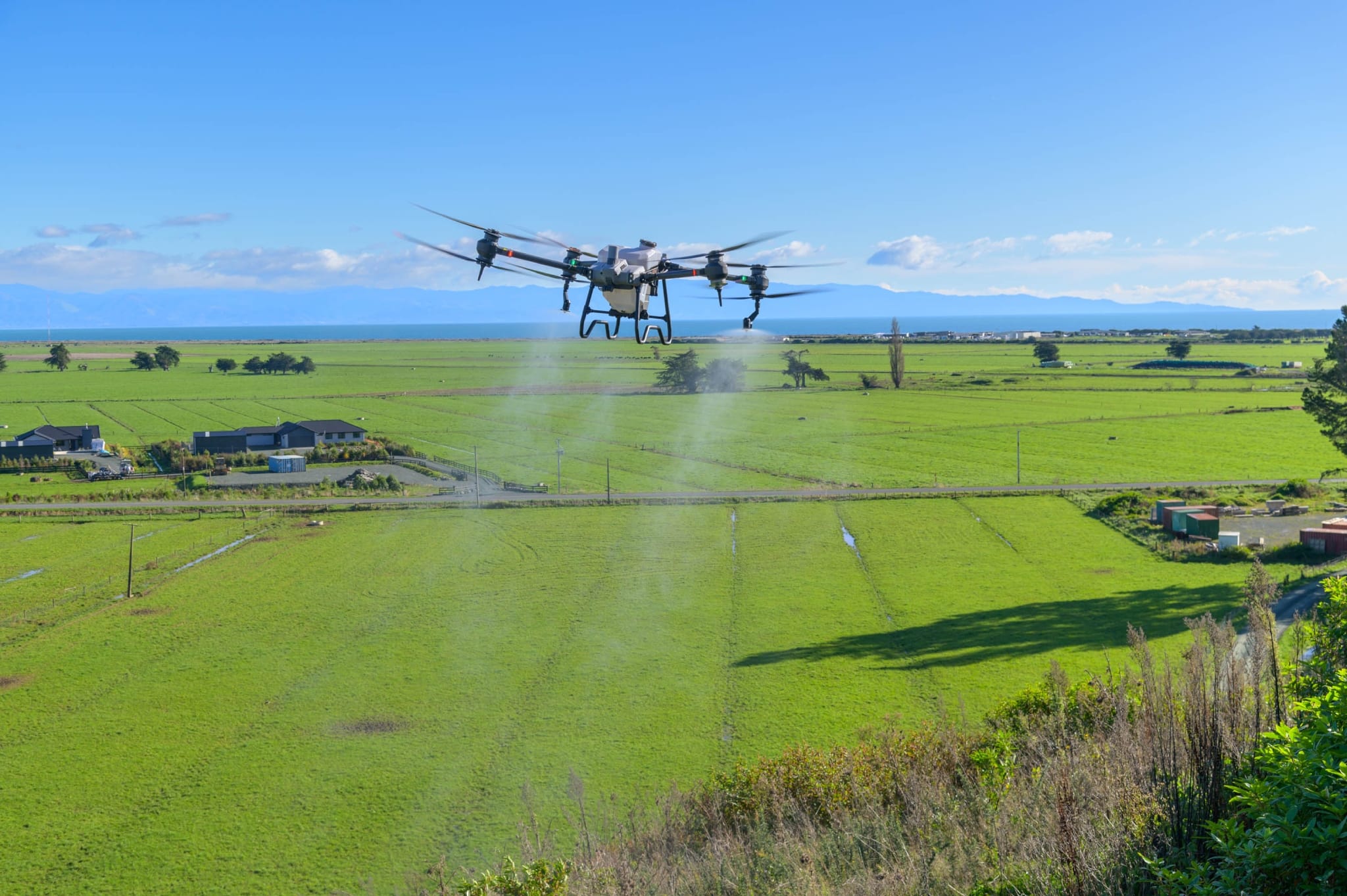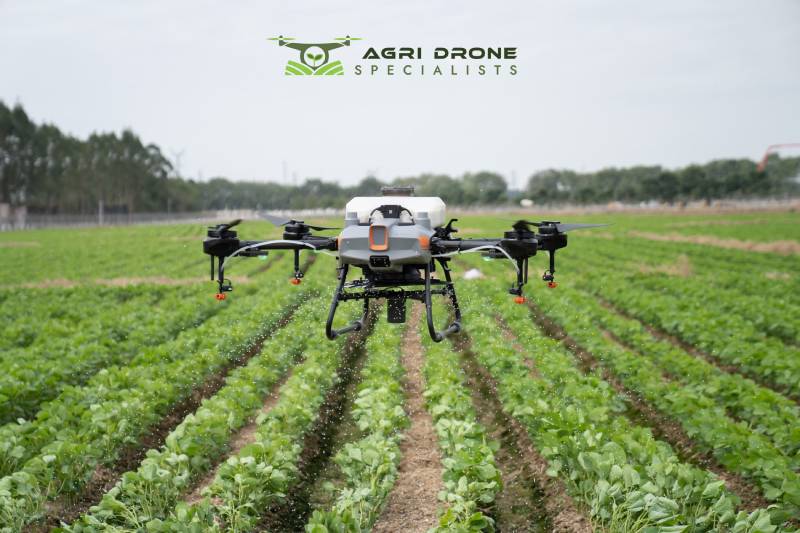How Technology-Driven Drones are Revolutionizing Crop Management

Agriculture is experiencing a profound transformation, largely driven by the advancements in drone technology. At the forefront of this change are Crop Spraying Drone Services, which offer farmers a smarter and more efficient method of field management. These drones leverage advanced GPS and mapping technologies to ensure the precise application of pesticides, herbicides, and fertilizers, thereby reducing waste and enhancing crop health.

Precision and Efficiency in Crop Management
One of the standout benefits of Crop Spraying Drone Services is their ability to deliver precision in crop management. Traditional spraying methods often lead to uneven application, with some areas receiving excess product while others get too little, resulting in wasted resources and inconsistent crop growth. Drones, however, can be programmed to follow specific flight paths, ensuring every part of the field receives the exact amount of treatment needed. This level of precision not only conserves resources but also boosts the effectiveness of treatments, leading to healthier crops and higher yields.
Cost-Effective and Environmentally Friendly
The cost-effectiveness of drone technology is another significant advantage for farmers. Traditional crop spraying methods require large machinery and substantial labor, both of which can be costly. In contrast, drones require fewer resources and can cover large areas in a fraction of the time, translating into direct cost savings for farmers, making Crop Spraying Drone Services appealing for operations of all sizes.
In addition to cost savings, drones promote environmental sustainability. By applying pesticides, herbicides, and fertilizers with greater precision, drones minimize the amount of chemicals released into the environment. This targeted approach reduces runoff, prevents over-application, and lowers the risk of harming non-target species, such as beneficial insects or nearby water sources.

The Future of Agriculture
As drone technology continues to evolve, its impact on agriculture will only increase. Future advancements may include more sophisticated sensors and AI-driven analytics, enabling drones to assess crop health in real-time and make adjustments on the fly. The integration of drones with other smart farming technologies, such as soil sensors and satellite imagery, will allow farmers to manage their fields with unprecedented accuracy and efficiency.
Crop Spraying and Fertilizer Spreading Drone Services are more than just innovative; they are shaping the future of agriculture. By adopting these technologies, farmers can enhance productivity, reduce costs, and contribute to a more sustainable farming ecosystem.